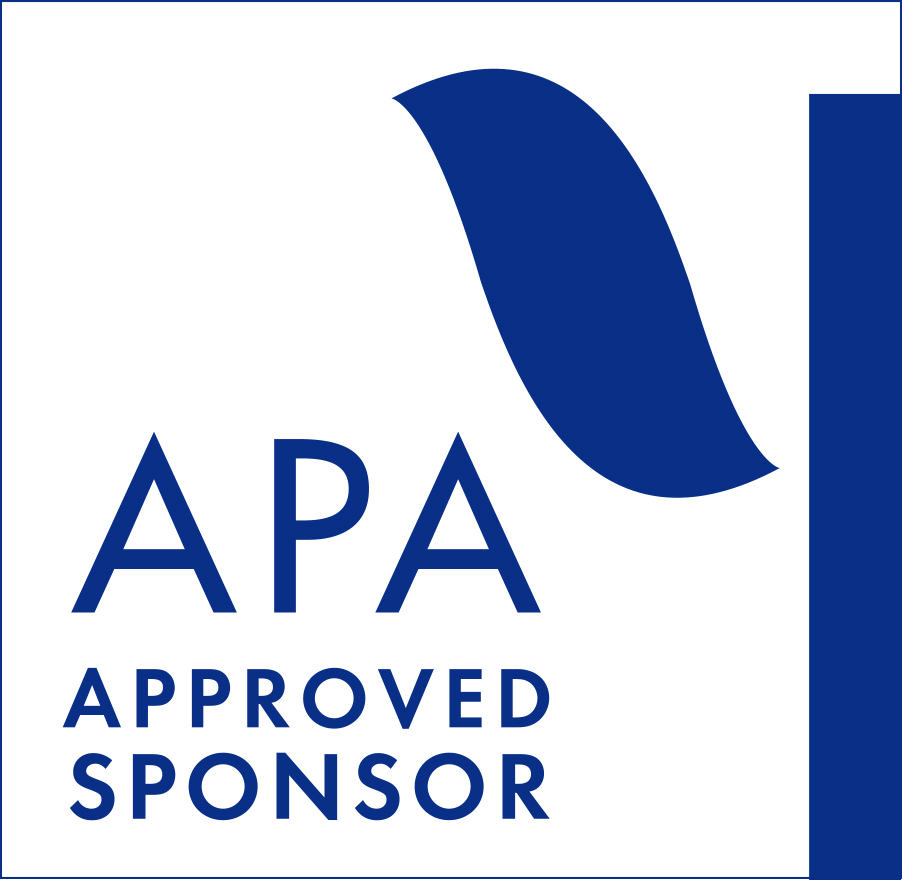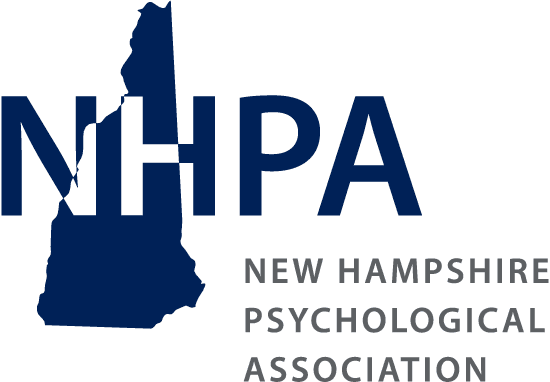
Friday February 7, 2025 | 9:30am - 2:00pm EST
4 CE Credits
REGISTER HERE
Program Description:
This program provides a comprehensive exploration of neuropsychological assessment techniques and their application in evaluating cognitive changes in the aging brain. It covers the normal cognitive aging process, early identification of cognitive decline, various neuropsychological tests, and the differential diagnosis of dementia types. This program will briefly review the dementia types focused on in Part 1 including Alzheimer’s and Vascular disease and dive into other dementia types including Lewy Body Dementia, Frontotemporal Dementia, Mixed Dementia, Parkinson’s Disease Dementia, and Normal Pressure Hydrocephalus with use of case studies. “Super Agers” will also be discussed. The program also highlights the importance of normative data, the role of neuropsychology in dementia care, the integration of family and caregivers in the assessment process, and initial intervention post diagnosis.
Additionally, we will address the role of elbow-to-elbow supervision in neuropsychological evaluation training and mentorship, as well as board certification. The role of AI in diagnostic and etiology work of a neuropsychologist, as well as in report writing and the recommendations tree for neuropsychological assessment reports, will also be covered.
By emphasizing empirical evidence and practical application, the program aims to enhance the participants' ability to diagnose and manage cognitive disorders in the geriatric population effectively.
Level of Instruction:
Introductory
Learning Objectives:
1. Describe the cognitive changes associated with normal aging and differentiate them from pathological cognitive decline.
2. Explain the importance of early detection and screening for cognitive impairment in older adults, including the role of primary care clinics.
3. Identify the key components and advantages of neuropsychological assessment, including the significance of normative data in evaluating cognitive performance.
4. Apply neuropsychological assessment techniques to diagnose different types of dementia, such as Alzheimer's Disease and Vascular Dementia, using case examples.
5. Analyze the impact of various vascular risk factors on cognitive function and the progression of vascular cognitive impairment.
6. Evaluate the neuropsychological profiles of different types of dementia, including Lewy Body Dementia, Frontotemporal Dementia, and Parkinson's Disease Dementia, and discuss appropriate interventions.
7. Develop strategies for psychotherapists to adjust psychotherapy goals, educate the patient and the clinician, which may include clinician seeking additional supervision, about the diagnosis and prognosis, and involve family members/trusted individuals to support patient care and decision-making after a dementia diagnosis.
About the Presenters:
Irene Piryatinsky, Ph.D., ABPP-CN (she/her) is a board certified and licensed clinical neuropsychologist with years of clinical experience. She completed an American Psychological Association (APA) approved clinical psychology Ph.D. program, an APA approved internship at the Bedford VA, and two years of clinical neuropsychology fellowship at Brown University. She served as a pediatric neuropsychologist at the Brown University Baby Imaging Lab, where the focus of research was on developing and applying magnetic resonance imaging (MRI) techniques to study brain structure and development. The goal of the research was to provide the foundation from which to determine what happens in children who develop psychiatric disorders, such as autism, ADHD, or developmental delay. She specializes in neuropsychological evaluations for children presenting with developmental delays and / or possible autism spectrum disorder and chronic medical conditions. Among Dr. Piryatinsky’s primary clinical interests are geriatric neuropsychology and neurodegenerative disorders, including the assessment of mild cognitive impairment, differential diagnosis of dementia, and providing meaningful, evidence-based recommendations for patients and their families. Movement disorders, pre/post-surgical evaluations for deep brain stimulation candidates and normal pressure hydrocephalus are additional areas of expertise. Dr. Piryatinsky also supervises graduate level practicum students, William James College Internship Consortium trainees, as well as 2-year Postdoctoral fellows through an accredited American Psychological Association Postdoctoral Training Program.
Taylor Allard, PsyD (she/her) is a licensed psychologist who completed her APA approved clinical psychology program and APA approved internship at Hutchings Psychiatric Center in Syracuse, NY. She is currently at the end of her second year APPCN Resident in Clinical Neuropsychology and works with clients across the lifespan in the areas of assessment, individual and group psychotherapy. Dr. Allard focuses on assessment of children and adolescents with Autism Spectrum Disorder, language delays, intellectual disabilities, ADHD, and psychiatric conditions such as anxiety, mood disturbance, post-traumatic stress disorder, and other disruptive behaviors. Her focus on the adult population includes individuals referred for early detection of mild cognitive impairment and dementia. Dr. Allard also evaluates adolescents and adults referred for psychodiagnostic assessment and focuses on the evaluation of psychosis, bipolar disorder, depression and anxiety, OCD, PTSD and personality disorders. Clinically, Dr. Allard practices from a third wave cognitive behavioral perspective with an emphasis in Dialectical Behavior Therapy and Acceptance and Commitment Therapy for adolescents with depression, anxiety, suicidal thoughts, disordered eating habits, and emerging personality disorders.
------------------------------
NHPA prices workshops by CE credit hour:
$25.00 per CE for members; $35.00 per CE for non-members
Group Rates Available:
3 - 5 people = $15 off individual rate (member/non-member)
6 - 8 people = $20 off individual rate (member/non-member)
8 + people = $25 off individual rate (member/non-member)
Please contact ce@nhpsychology.org for more information. Please include first name, last name and email address for each participant in the group, along with a contact person for the invoice.
Paying with a check:
Checks must be received within one week of the event. If payment has not been received, registrant will still have option to pay online with a credit card up until the day before the program. If an invoice remains open on the day of the event, the registrant will not be allowed to attend.
Cancellation policy:
Refunds, minus a 10% cancellation fee, will be issued for all cancellations received two weeks prior to the start of the course. No refunds or vouchers will be made thereafter. No-shows are not refunded.
Attendance policy:
Full attendance is required to obtain CEs per NHPA policy. No partial credit will be given. Those who attend the workshop and complete the evaluation form will receive 4 continuing education credits. Please note that APA CE rules require that we only give credit to those who attend the entire workshop. Those arriving after the scheduled start time or leaving before the workshop is completed will not receive CE credits.
Registrations are Transferable:
Registrants can transfer an event confirmation to another individual. The NHPA office must be notified of the transfer at least 24 hours prior to the event.

This program is sponsored by the New Hampshire Psychological Association. NHPA is approved by the American Psychological Association to sponsor continuing education for psychologists. NHPA maintains responsibility for this program and its content.
NHPA would like to thank the following for support of our educational programming





